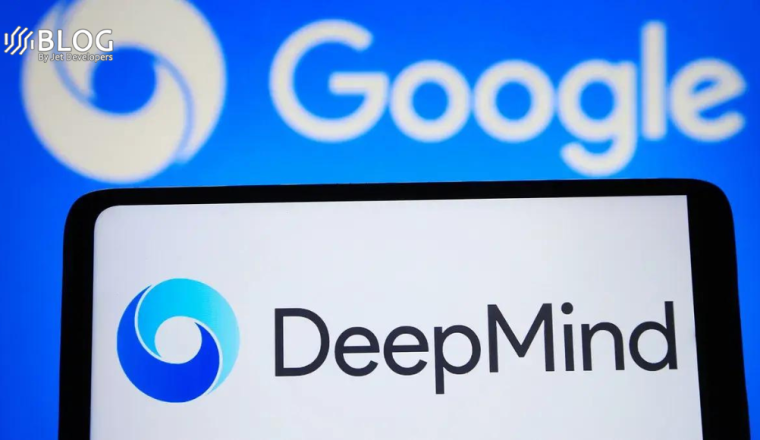Google DeepMind To Power Its AI With AlphaGo
DeepMind, previously considered the undisputed leader in the realm of artificial intelligence (AI) in the past decade, has now claimed that its next-generation AI model will surpass OpenAI’s ChatGPT. The revelation was made by company co-founder and CEO Demis Hassabis in an interview with Wired.
DeepMind first made global news when Google decided to acquire the software company in 2014. Back then, the company pioneered the use of reinforcement learning to train its AI models, a method that provides AI feedback on its performance. DeepMind started off by employing the approach of teaching AI how to play video games.
Just two years later, DeepMind’s AI program AlphaGo stunned experts by defeating the human Go champion. Go, considered to be the world’s oldest board game, is one of high complexity. Many were under the assumption that computer programs were decades away from performing such a feat but DeepMind’s success demonstrated the potential of its approach. Now the company plans to bring the power of AlphaGo to its chatbot Gemini.
Google tries to keep up in chatbot race
Even as the DeepMind team kept working on AI models after its roaring success in 2016, Google took a cautious approach to unveiling them. Sam Altman’s OpenAI though was far more aggressive in showcasing its GPT models and became globally known after unveiling its ChatGPT chatbot last year.
Google’s rushed debut of its Bard chatbot was rather disappointing and the company can only hope that DeepMind’s upcoming product gives it a chance to fight ChatGPT, which currently powers its rival Microsoft’s Bing Search engine.
In April, Google formally merged the teams Brain and DeepMind at its AI lab, to synergize the work being done by the two powerhouses, in a bid to take on OpenAI.
Beating OpenAI at the game DeepMind knows better
Large language models (LLM), such as GPT-4 that powers ChatGPT, also use reinforcement learning to improve their performance. DeepMind plans to leverage its expertise from teaching a computer program how to master complex games like Go into its upcoming system Gemini with the aim of significantly surpassing GPT.
For instance, AlphaGo was capable of a function called tree search where it could compute possibilities of different moves on the board. When translated to language models, this could help them perform multiple tasks at once.
Apart from language models, DeepMind has also been working in areas such as robotics and neuroscience. Last week, it showcased an algorithm in which its robot arms can perform manipulation tasks, a much more complex skill than text prediction.
Hassabis is confident that his team can equip Gemini with capabilities to solve problems and also plan tasks, making it much superior that OpenAI’s offering. Anticipated expenditures for DeepMind on Gemini are estimated to reach tens of millions of dollars, mirroring the investment made by OpenAI for its GPT-4 model.
The bigger question revolves around the timeline for the unveiling of Gemini. Hassabis told Wired that it could be months before the system is ready and one will have to closely monitor OpenAI’s moves to ascertain whether DeepMind can genuinely beat ChatGPT.



